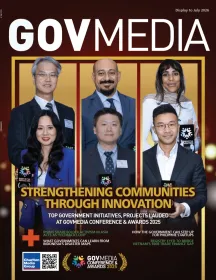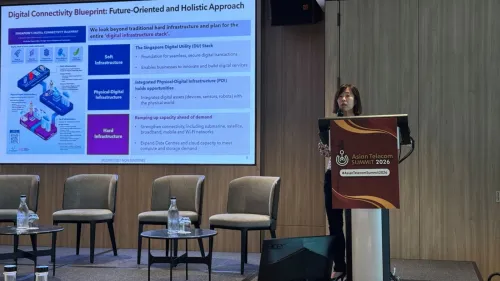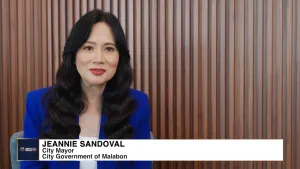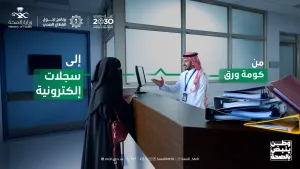High-profile corruption grapples Southeast Asian businesses
International cooperation is a crucial element in combating corruption in Southeast Asia.
Despite the region being highly attractive for new investments and business development, corruption scandals have made businesses wary of entering the market, according to Nick Williams, Partner at Hogan Lovells.
Williams pointed out that while Southeast Asia offers tremendous opportunities for foreign and domestic business generation, the presence of high-profile corruption scandals has led to a cautious approach by investors.
"Businesses are certainly cautious about entering the market," Williams noted, highlighting the dual nature of the Southeast Asian market as both highly opportunistic and challenging due to historic issues with government-related corruption.
The response to these challenges has been varied. Some jurisdictions within Southeast Asia have taken significant measures to combat corruption, affecting the confidence levels of potential investors, particularly in terms of dealing with government officials.
He said that this is particularly crucial given the implications under the US Foreign Corrupt Practices Act (FCPA), where interactions with government officials can create significant liabilities.
Khushaal Ved, Counsel at Hogan Lovells, emphasised the diversity within Southeast Asia, noting that countries are at different stages in their economic life cycle, which affects their anti-corruption efforts.
He said that despite international and domestic enforcement, there is a noticeable lag time in implementing business changes following investigations and resolutions. Examples from Vietnam, Indonesia, and Singapore illustrate the varying degrees of enforcement and regulatory interest, indicating a varying landscape of anti-corruption efforts within the region.
Ved also pointed out the impact of domestic enforcement in countries like Vietnam and Indonesia on business practices. In Vietnam, growth has been accompanied by enforcement actions, particularly in sectors like real estate and life sciences. Indonesia is anticipated to see changes following the election and new leadership in its anti-corruption agency, KPK.
Meanwhile, Singapore continues to be active in enforcing laws against money laundering and corruption, signalling ongoing challenges but also efforts towards cleaner business environments.
International cooperation is also highlighted as a crucial element in combating corruption in Southeast Asia. Williams noted an increase in mutual legal assistance requests and the significant role of treaties like the ASEAN Treaty on Mutual Legal Assistance in Criminal Matters.
This cooperation allows for a more effective prosecution of cross-border bribery, corruption, and money laundering offences. However, Williams also mentioned the varied willingness among Southeast Asian countries to share information, presenting both opportunities and challenges for international collaboration in fighting corruption.










